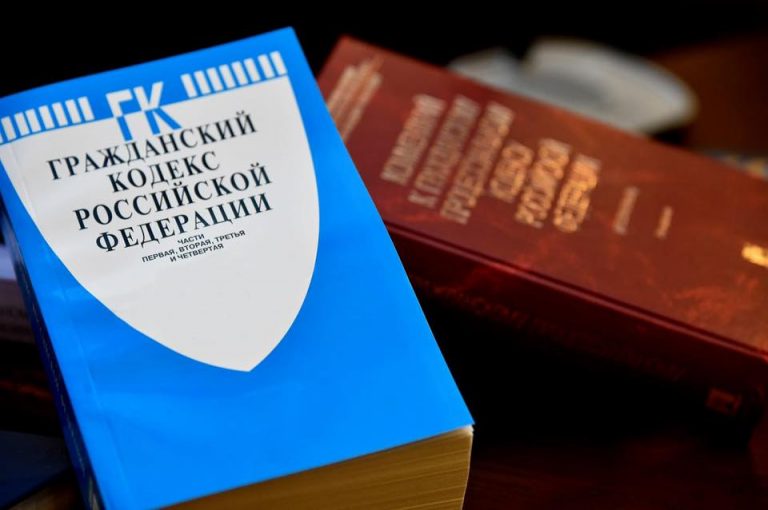A verbal agreement is a form of transaction form. It must be borne in mind that their regulation is ensured by uniform rules. How do the features provided by law work in practice? Who is entitled to take part in oral transactions? What are the consequences of violations of prescribed standards?
Way of expressing the will of the parties
The fixation of agreement on the terms of the transaction is considered habitual. So it is more reliable, but not all types of expression of will, it makes sense to document. For example, the purchase of bread or other small household purchases.

Some oral agreements are made in order to fulfill existing obligations. For example, the transfer of property for storage upon execution of a transport contract.
As expressed
The conclusion of an oral contract is implemented according to the same scheme as a written one - by sending a proposal and a response from a potential party. The desire of the party to conclude an agreement must be direct, clear, not allowing for double interpretation or ambiguity. At the same time, it is not forbidden to establish a list of actions that are considered aimed at concluding an agreement. For example, a client purchased goods through a special machine (in particular, drinks). Registration of loans using sites and electronic systems is becoming more widespread.
In which case is a contract considered legal?
An oral contract is considered valid if the parties are not required to conclude it in writing. Its conclusion is allowed provided:
- lack of prior written agreement;
- lack of obligation to resort to notarial form in accordance with law or arrangements;
- non-compliance with the written form will not invalidate the agreement.
For example, loan agreements must be in writing. Otherwise, they are automatically considered invalid.
Based on the foregoing, an oral contract form for transactions with real estate or vehicles is not allowed. The law obliges to undergo the state registration procedure, which is excluded without a document drawn up in accordance with a number of requirements (in particular, the availability of comprehensive information about the subject of the agreement, filed sheets of the agreement, if there are more than two of them with the signatures of its participants on the tag).
Subject restrictions
Consider the reasons that exclude the conclusion of the agreement verbally:
- if at least one party to the transaction is a legal entity;
- item price exceeds the limit of 10 thousand rubles .;
- a gift in excess of 3 thousand rubles is considered admissible provided that the written form is observed;
- a direct prohibition of the use of the oral form in a particular case.

Thus, the form of the agreement is determined either by the composition of its participants, or by the price of the subject, or by the requirements of the law. Therefore, first of all, between whom are oral agreements concluded? Between individuals. In the activities of legal entities, they are more likely an exception due to the need to record business transactions.
Consequences of Form Violation
What happens to an oral contract in this case? The following consequences come:
- deprivation of the right to attract witnesses in the trial to prove the fact of the transaction and (or) the content of its conditions;
- invalidity of the agreement.
Consider the first item. The party to the process has the right to prove the existence of a transaction only with documents.The exception is cases of consumer protection and other cases established by law.

Which contracts are considered invalid in case of violation of the rules on the form:
- about the pledge;
- on a guarantee;
- purchase and sale of real estate;
- bank deposit;
- insurance.
Subtleties of the trial
How to protect your rights in court if the contract is concluded orally?
People forget that it is necessary to prove the fact of the conclusion, and the content of clauses or conditions of the agreement. What is provided for this:
- testimony of witnesses, if there is no prohibition for a particular situation;
- letters proving a desire to conclude an agreement, including those transmitted through electronic services;
- payment documents, they serve as the basis of the evidence base (checks, payment orders, cash warrants, etc.);
- Acts of work performed, delivered goods, rendered services.
The law allows the use of other means of evidence that are not prohibited.

The situation is somewhat simplified where the parties take actions confirming the conclusion of transactions, the conditions of which are determined by regulatory enactments or standard agreements.
For example, a citizen is provided with a utility service, he accepts it and partially pays for it. In this case, it is enough for the plaintiff to submit bank statements to the court. The court considers that the agreement was concluded on the terms stipulated in the model contract, despite the fact that the document itself was not signed.
Finally
Oral transactions - a form of will of the parties affecting the occurrence, change and termination of their rights and obligations. This method of fixation is used when it comes to small purchases, the fulfillment of other obligations. It cannot be used if the party to the transaction is a legal entity, the amount of the transaction exceeds the maximum allowable threshold, a written or notarial form is required, as well as registration of transfer of rights to property.

Along with this, a clear boundary is blurred between oral and written forms. For example, it is not always clear to an ordinary person what it means to fill out a questionnaire and pay on the basis of a receipt, the same applies to filing an application with a banking organization.
